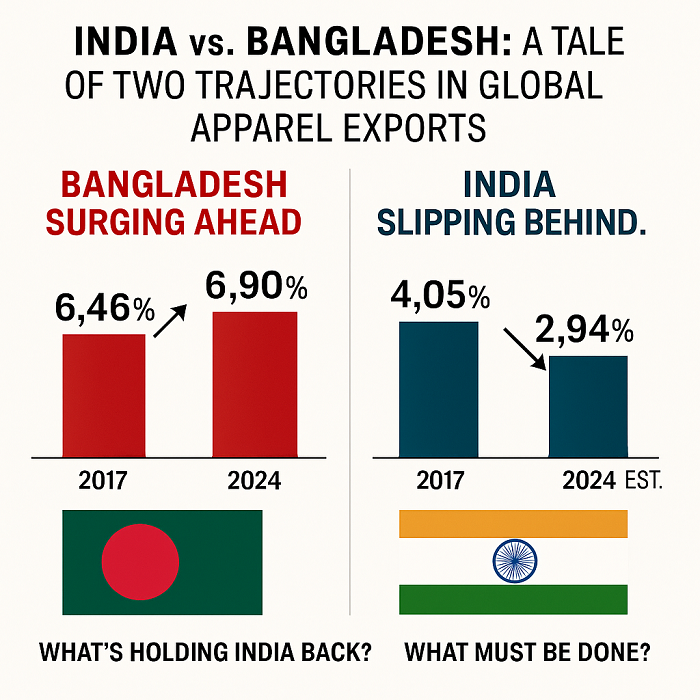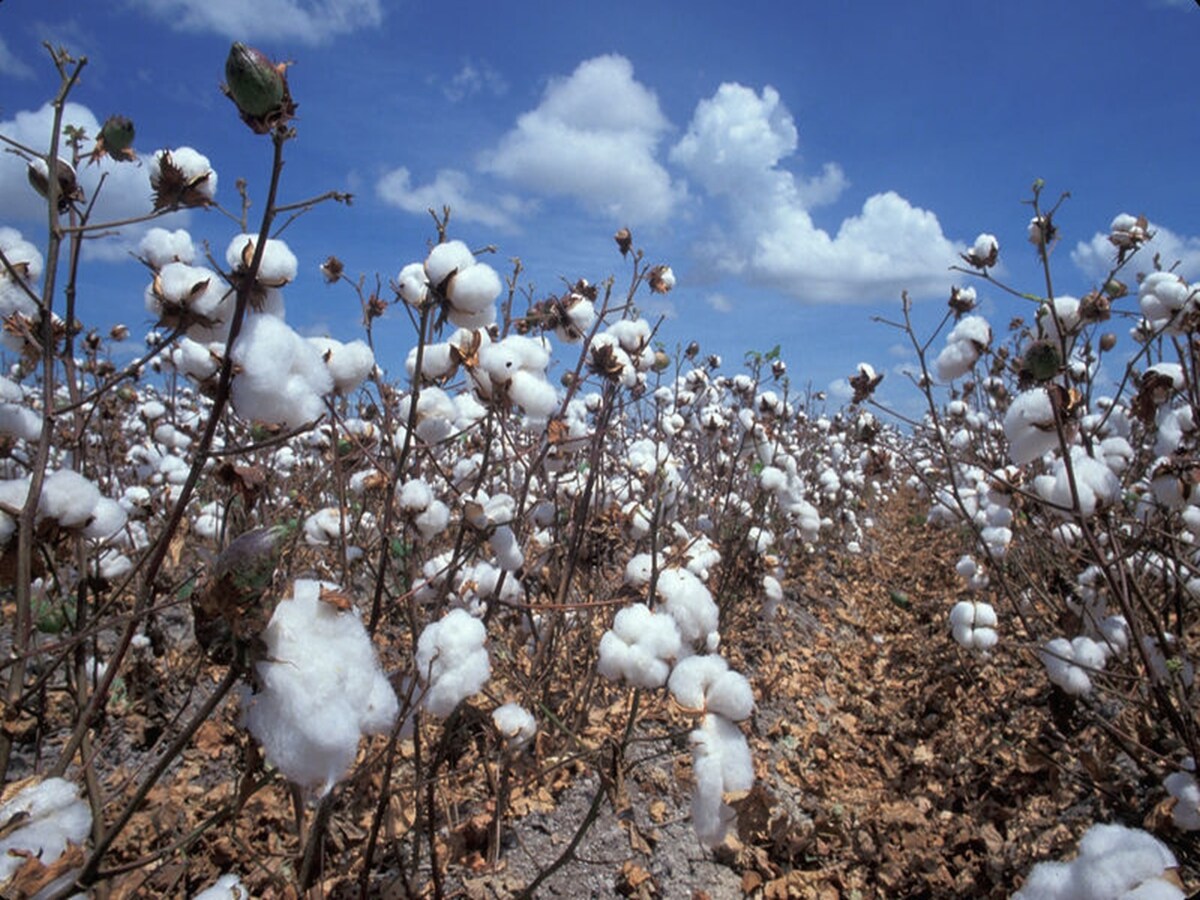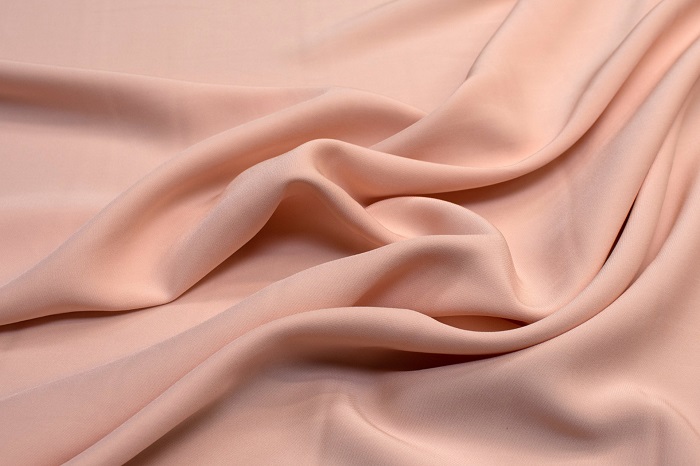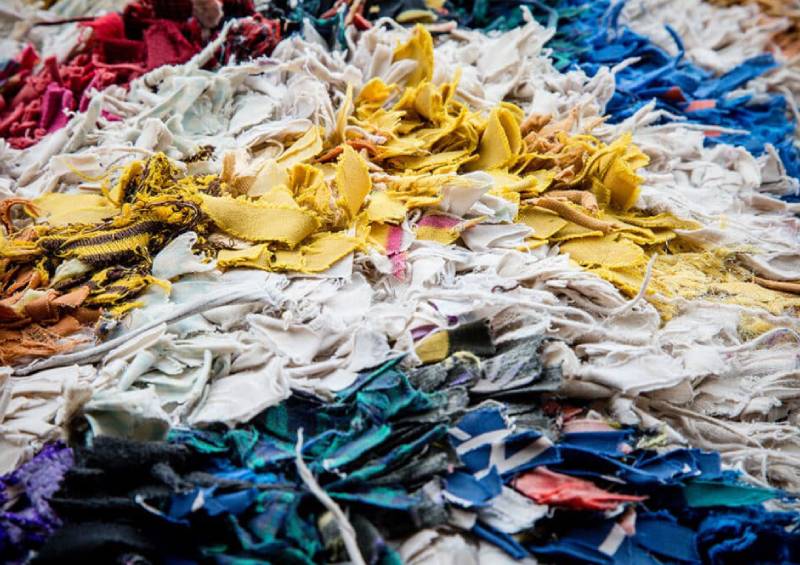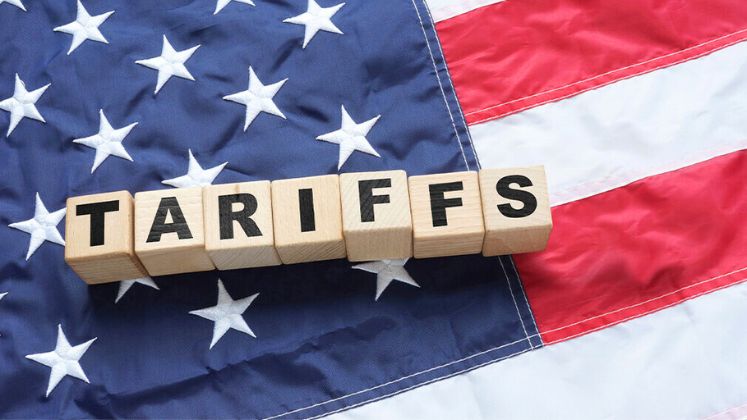FW
The Q2, FY25 net profit of leading textile company, Nitin Spinners increased by 33 per cent increase to Rs 42 crore ($5 million) as against Rs 32 crore in the year-ago quarter.
The company recorded a 12 per cent rise in revenues for the quarter to Rs 823 crore, as against Rs 737 crore in the corresponding quarter of the previous fiscal year.
Majority of the company’s revenue was generated from exports which totaled Rs 522 crore while the domestic sales amounted to Rs 300 crore.
Dinesh Nolkha, Chairman and Managing Director, says, the company’s focus on value added segments, optimum utilisation of expanded capacities and cost efficiencies, helped it to achieve encouraging financial results during the quarter despite global challenges.
In the upcoming quarters, the company plans to leverage the low cotton prices to seize new opportunities in the sector and evaluate various growth options,
Founded in 1993, the Bhilwara-based Nitin Spinners offers a complete range of fabrics for fashion, apparel and work wear industry.
Luxury brand Louis Vuitton is unveiling a new popup store near Billionaires’ Row in Manhattan's.
Designed by Shohei Shigematsu of the Office for Metropolitan Architecture, the store features four towering pillars of stacked Louis Vuitton trunks, reaching up to a 50-foot ceiling—a display reminiscent of a giant game of Tetris.
Louis Vuitton has been pushing the boundaries of fashion under the leadership of Pietro Beccari, CEO. The brand aims to strengthen its market position as a cultural icon.
Earlier this year, the brand roped in tennis legends Roger Federer and Rafael Nadal as brand ambassadors for a campaign showing them hiking the Dolomites. In 2023, the brand appointed producer Pharrell Williams as the brand's men's creative director, reinforcing its cultural influence.
A key sector within India’s textile and industrial fabrics industry, the Indian Nylon Filament Yarn (NFY) market is projected to grow at 3.23 per cent CAGR to 52,440 metric tons by 2030.
The market reached a volume of 43,430 metric tons in 2024. Used in textiles, technical fabrics and home furnishings, the demand for NFY is driven by India’s expanding population, shifting fashion preferences, and industrial growth.
West India, especially Gujarat, dominates NFY production, benefiting from a robust infrastructure, strategic location, and skilled labor. The furnishings and upholstery segment is set to lead market growth due to NFY’s durability, strength, and versatility, which suit high-quality home decor applications.
The market faces challenges like fluctuating raw material costs and environmental sustainability. However, innovations in eco-friendly production processes and new applications for NFY are creating opportunities. India's textile industry continues to evolve, with NFY playing a crucial role in meeting domestic and global demands for quality and sustainable textiles.
Driven by the expanding textile and apparel industry, the global yarn lubricants market is projected to grow at a CAGR of 12.9 per cent from 2024-34 to reach a value of approximately $5.7 billion by 2034, as per a report by Transparency Market Research Inc.
Crucial for preventing fiber damage, reducing friction, and enhancing the efficiency of spinning and weaving machines, yarn lubricants are indispensable in large-scale textile production. As manufacturers seek to optimise their processes, the demand for high-performance yarn lubricants, which can withstand the demands of modern, high-speed textile machinery, is set to rise. The continuous development of advanced textile machinery requires lubricants that offer long-lasting protection and minimise maintenance needs.
There is a growing emphasis on sustainability in the yarn lubricants industry. Demand for biodegradable and chemical-free yarn lubricants is rising as textile manufacturers strive to reduce their environmental footprint. Regulatory frameworks such as the EU's REACH guidelines are pushing lubricant manufacturers to develop greener alternatives. Consequently, the market for bio-based yarn lubricants, which align with these sustainability goals while maintaining performance, is expanding.
Furthermore, as consumer demand for high-quality textiles with superior durability, aesthetics, and comfort grows, manufacturers are focusing on producing yarns with enhanced properties like softness, strength, and color fastness. Yarn lubricants play a vital role in achieving these qualities by reducing friction and preventing yarn breakage, thereby improving the overall texture and quality of the yarns.
As textile producers strive to meet the demand for premium fabrics, the adoption of advanced yarn lubricants will continue to grow, ensuring better product quality and higher manufacturing efficiency.
Lenzing has launched an innovative Fancy Denim collection in collaboration seven global mills including Advance Denim, Black Peony, BluGround, Gamatex, TCE, Vita Textile, and Xinsuntex.
The 20-piece garment collection is complemented by Lenzing’s own Application Innovation Centre, based at its Hong Kong headquarters.
Showcasing a variety of weights and styles, the collection incorporates unconventional fibers like lurex besides experimenting with unique constructions such as jacquard weaves, dobby, and knit-like textures. One of the highlights of this collection is a dyed indigo jersey that introduces classic denim shades, introducing classic denim shades into unexpected fabric choices.
The collection also features innovative finishing and wash techniques, including eye-catching laser effects. Its patchwork-inspired designs, garments in surprising shades like moss green and vibrant purple, denim pieces with metallic threads, and a range of patterns—from traditional Batik to abstract prints—add to the collection's diversity.
Through the laumch of this Fancy Denim Collection, Lenzing aims to challenge the industry and showcase the versatility of Lenzing fibers. By offering bold, unconventional ideas, the brand seeks to inspire new concepts and encourage designers to explore a wider range of possibilities.
YKK Corporation, based in Tokyo and led by President Hiroaki Otani, will introduce its latest innovation, the Natulon Plus zipper with recycled PET open parts, at the Functional Fabric Fair in Portland, Oregon, from November 19-21, 2024. Created in response to rising industry demands for recyclability, this product aims to enhance the garment recycling process.
The Natulon Plus zipper maximizes recycled PET material use. Both its chain and open parts are crafted from recycled PET, with YKK developing the injection-molded PET components in-house. Additionally, the zipper's metal slider is designed for easy sorting, facilitating recycling by reducing the need to remove it from garments.
Terry Tsukumo, YKK’s Vice President of Product Strategy, emphasized the need for longer-lasting, recyclable products to counteract garment waste. He noted that incorporating Natulon Plus in apparel supports YKK's commitment to circularity, enabling garments to be recycled without zipper removal.
This innovation aligns with YKK’s ongoing sustainability efforts, which include products like the Vislon Natulon zipper made with Econyl Regenerated Nylon for recyclable nylon garments. The company continues to focus on developing circular products that are recyclable and repairable, aiming to reduce environmental impact across the apparel industry supply chain.
India’s readymade garment (RMG) exports continue to thrive amid global disruptions, highlighted Sudhir Sekhri, Chairman of the Apparel Export Promotion Council (AEPC).
He credited the industry’s resilience, commitment to quality, and sustainable practices as key drivers of this growth, even as ongoing conflicts impact trade routes worldwide. The sector's strength in raw materials and a blend of traditional and modern designs have made India a preferred sourcing destination.
Looking ahead, AEPC is preparing Bharat Tex 2025, envisioned as India’s largest textiles fair, aimed at showcasing the country’s production capabilities to global buyers. “International brands are keen to source from India, and the response from our outreach efforts has been very positive,” Sekhri noted.
Mithileshwar Thakur, AEPC’s Secretary General, emphasized the current supply chain shifts due to challenges in Bangladesh and the search for alternatives to China, positioning India advantageously.
He urged government support through investment, capacity expansion, skilling, and financing for the labor-intensive, MSME-driven RMG sector. Thakur also requested the continuation and enhancement of the interest equalization scheme to 5 per cent for five years, which he believes is crucial to offset high capital costs and sustain export growth.
Karl Mayer has introduced a cutting-edge lace design for the luxury underwear and clothing sector, developed using the MJ 92/1 F machine with a unique, Ne 200/2 super-combed cotton yarn in jacquard. This innovative creation combines a clean fabric appearance with an intricate filigree pattern, meeting the demand for high-end, sophisticated textiles.
Initially conceived in the 1980s, Karl Mayer lace expert Jamie Heather realized the design on a Jacquardtronic Lace machine in F configuration. The machine’s setup, with the Jacquard bar positioned at the front, allows a nearly vertical yarn feed, expanding the tension tolerance for rigid cotton yarns. This setup enables intricate designs without thread breakage, creating durable, complex patterns.
The lace’s floral motifs are crafted without jacquard work behind the gimps, enhancing clarity in cross-dyeing. Only flat twisted yarns, including pre-dyed lurex and viscose, were used for the gimp threads to closely mimic the Leavers lace style. A central net section with cotton jacquard adds a handmade appearance.
Crafted on the advanced MJ 92/1 F machine, this lace was created with premium cotton sourced from Gebrüder Otto Baumwoll feinzwirnerei in Germany. Sascha Muller, Product Owner at Karl Mayer, highlighted this development as a step away from traditional standards in jacquard production, appealing to customers seeking innovation. Muller and Heather plan to showcase the lace at Interfiliere and Premiere Vision in Paris, introducing it to industry leaders.
LVMH has acquired a minority stake in Swedish fashion brand Our Legacy, reports The Business of Fashion. The transaction is a result of a strong performance from Our Legacy, which registered sales of €40 million ($42.9 million) for the year ending June 30.
The brand plans to use this investment to enhance operations and expand its global presence by opening flagship stores in major cities, including Paris, New York, Los Angeles, Tokyo, Shanghai, and Hong Kong. Currently, Our Legacy operates two stores in Stockholm, as well as locations in London and Berlin. Additionally, it operates three stores in South Korea in partnership with local distributor Handsome Corp. The brand also plans to open a new store in Paris late next year.
According to Jockum Hallin, Co-Founder, the investment is more about looking into the future as the brand enters the next phase of its growth.
Over the past month, global cotton markets experienced minor price fluctuations with trends showing stability or slight declines across key benchmarks, according to Cotton Incorporated.
On the New York Intercontinental Exchange (NY/ICE), December futures have remained within a range of 67 to 75 cents per pound since June. After hitting the higher end of this range in late September, prices dipped but have since stabilised around 71 cents per pound.
A benchmark for world cotton prices, the global A Index decreased slightly from 85 to 83 cents per pound. In China, the Cotton Index (CC Index 3128B) dropped from 101 to 97 cents per pound, or from 15,700 to 15,300 RMB per tonne. This decline aligns with a mild weakening of the yuan, which shifted from 7.05 to 7.16 RMB/USD, as detailed in Cotton Incorporated’s November 2024 Monthly Economic Letter on Cotton Market Fundamentals & Price Outlook.
In India, Shankar-6 quality cotton spot prices fell from 87 to 83 cents per pound, with domestic prices decreasing from Rs 57,400 to Rs 55,100 per candy. The Indian rupee remained relatively stable against the dollar at around Rs 84 per USD.
Pakistan’s cotton market remained steady, with spot prices fluctuating around 80 cents per pound. Domestically, prices traded between 18,200 and 17,600 PKR per maund, currently sitting at 18,000 PKR per maund, while the Pakistani rupee held firm at approximately 278 PKR/USD.



